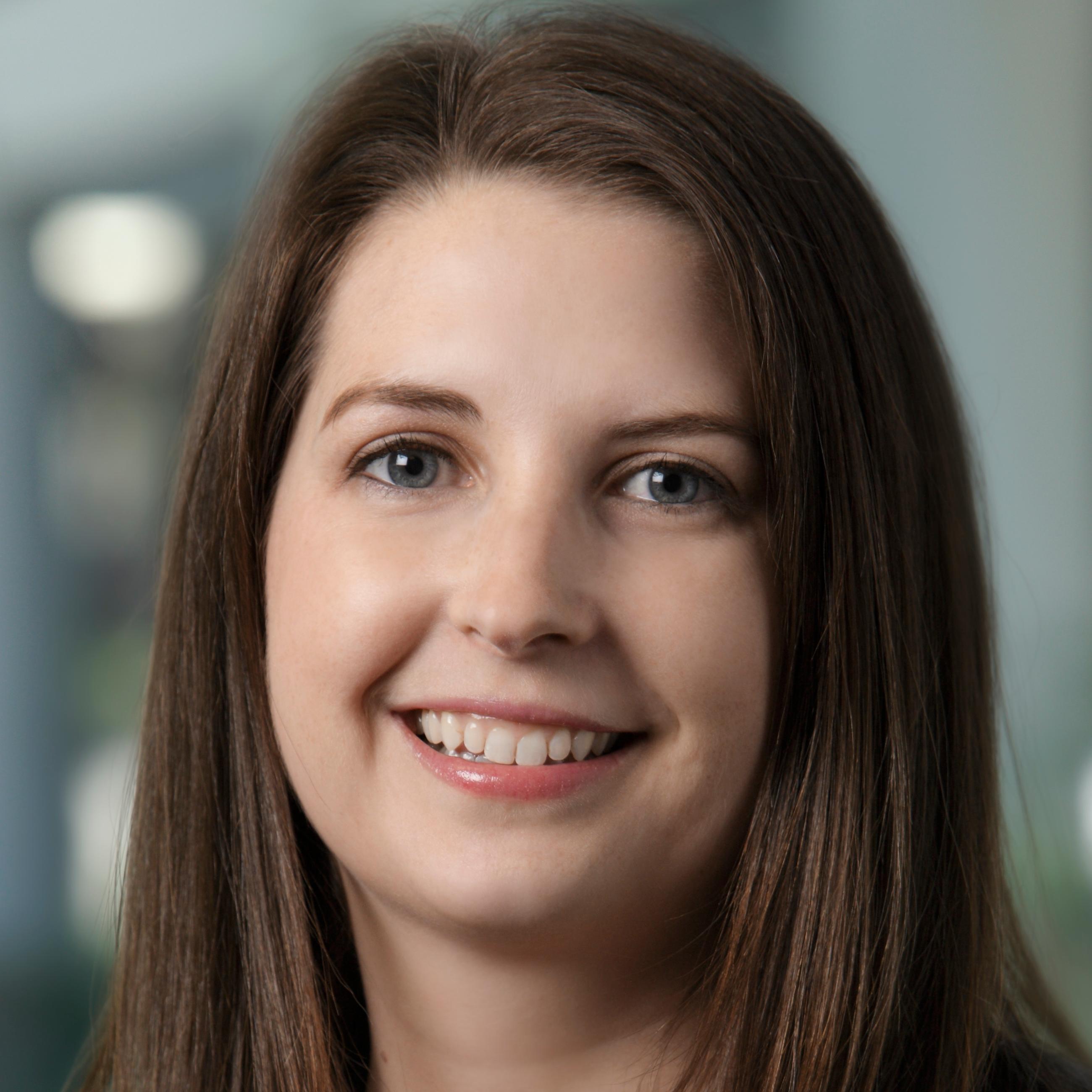Fred Hutch researchers awarded grants for immunotherapy scRNA-seq
In exciting news, five scientists from Fred Hutchinson Cancer Research Center were awarded the initial stage of funding in a competition sponsored by the Immunotherapy Integrated Research Center to develop projects that utilize single-cell RNA sequencing (scRNA-seq). Each researcher, given a $25,000 grant, will work with Dr. Jason Bielas, whose collaboration with 10x has led to the adoption of the Chromium™ Single Cell 3’ Solution at the Fred Hutchinson Cancer Research Center. In the second stage of the competition, one researcher will be awarded a $100,000 grant based on their preliminary results as well as their plans for further studies. The primary aim of the competition is to fund a pilot project that will improve and further research into immunotherapy-based cancer treatment. Read the full article here.
The scientists:
An assistant member of the Clinical Research Division, Dr. Chapuis will be looking at Merkel cell carcinoma (MCC), a rare form of skin cancer that is most often the result of a virus called Merkel cell polyomavirus. Chapuis plans to study how the cancer responds to T-cell immunotherapy over time, using scRNAseq to track changes in cell composition over the course of different rounds of treatment. Ultimately, Chapuis hopes to develop new and improved immunotherapies for treating MCC.
In an effort to learn more about driver mutations and their links to different forms of leukemia, Dr. Clurman, executive vice president and deputy director, will study leukemia growth in mice with cMyc and Fbxw7 driver mutations. These mutations indicate a greatly increased risk of leukemia, but the time it takes for the disease to develop varies from person to person. As a result, Dr. Clurman is especially interested in uncovering the factors that, when combined with driver mutations, play a part in the growth of the cancer. He says, "Through RNA-seq, we hope to gain an unprecedented molecular and phenotypic understanding of how oncogenic mutations lead to human leukemia by focusing on pre-leukemic states."
Dr. Kiem, associate head of Transplantation Biology and member of the Clinical Research Division, plans to use hematopoietic (blood) stem cells to produce T cells that can be directed toward fighting cancer. He said, "The use of blood stem cells would allow sustained, lifelong production of anti-cancer T cells in immunotherapy." Though, traditionally, identifying, refining and targeting true hematopoietic stem cells has been an expensive and time-consuming process, Dr. Kiem plans to use scRNA-seq to streamline it considerably.
A member of the Basic Sciences Division, Dr. Moens will be studying metastasized melanoma, looking at the immune system macrophages that are associated with the process that turns stationary tumor cells into metastatic melanoma cells. "We hope that this work will allow us to discover how inflammatory-response pathways regulate melanoma metastasis to better understand how immune cells and tumor cells communicate in the microenvironment," she said.
Dr. Rongvaux, an assistant member of the Clinical Research Division, will also be investigating the role of macrophages in metastasized melanoma. He said, "The newly developed technology of single-cell RNA sequencing will allow us to study, with previously unattainable resolution, how it is that cancer cells hijack immune macrophages and use them for their own benefit."
The 10x connection:
Last year, Jason Bielas, principal investigator for the Bielas Laboratory at the Fred Hutchinson Cancer Research Center, partnered with 10x to validate and tailor our Chromium™ Single Cell 3’ Solution, collecting transcriptome data from approximately 250,000 single cells across 29 samples. The results of this experiment validated the system’s sensitivity as well as its ability to characterize large and complex cell populations.
After validating the technology, researchers at the Bielas Laboratory used the Chromium Single Cell 3’ Solution to analyze precious clinical samples from patients with acute myeloid leukemia who had undergone bone marrow transplantation. The system’s rapid cell encapsulation and high cell capture efficiency enabled researchers to analyze gene expression patterns of nearly 70,000 cells in a single experiment to determine host and donor chimerism at single cell resolution and to compare immune cell subpopulation changes in patients before and after transplant.
See the full Nature Communications publication and download the associated single cell datasets.
Unlocking the immune system:
The 10x single-cell portfolio includes two powerful solutions that provide the high resolution insights needed to truly investigate the immune system and the complex mechanisms that drive it. The Chromium Single Cell 3’ Solution provides high-throughput, single cell expression measurements that enable discovery of gene expression dynamics and molecular profiling of individual cell types. And, the new Chromium Single Cell V(D)J Solution is a comprehensive, scalable tool for profiling full-length paired V(D)J transcripts from hundreds to millions of lymphocytes. The new solution enables assembly of full-length V(D)J sequences on a cell-by-cell basis, revealing the true diversity of the immune repertoire.
